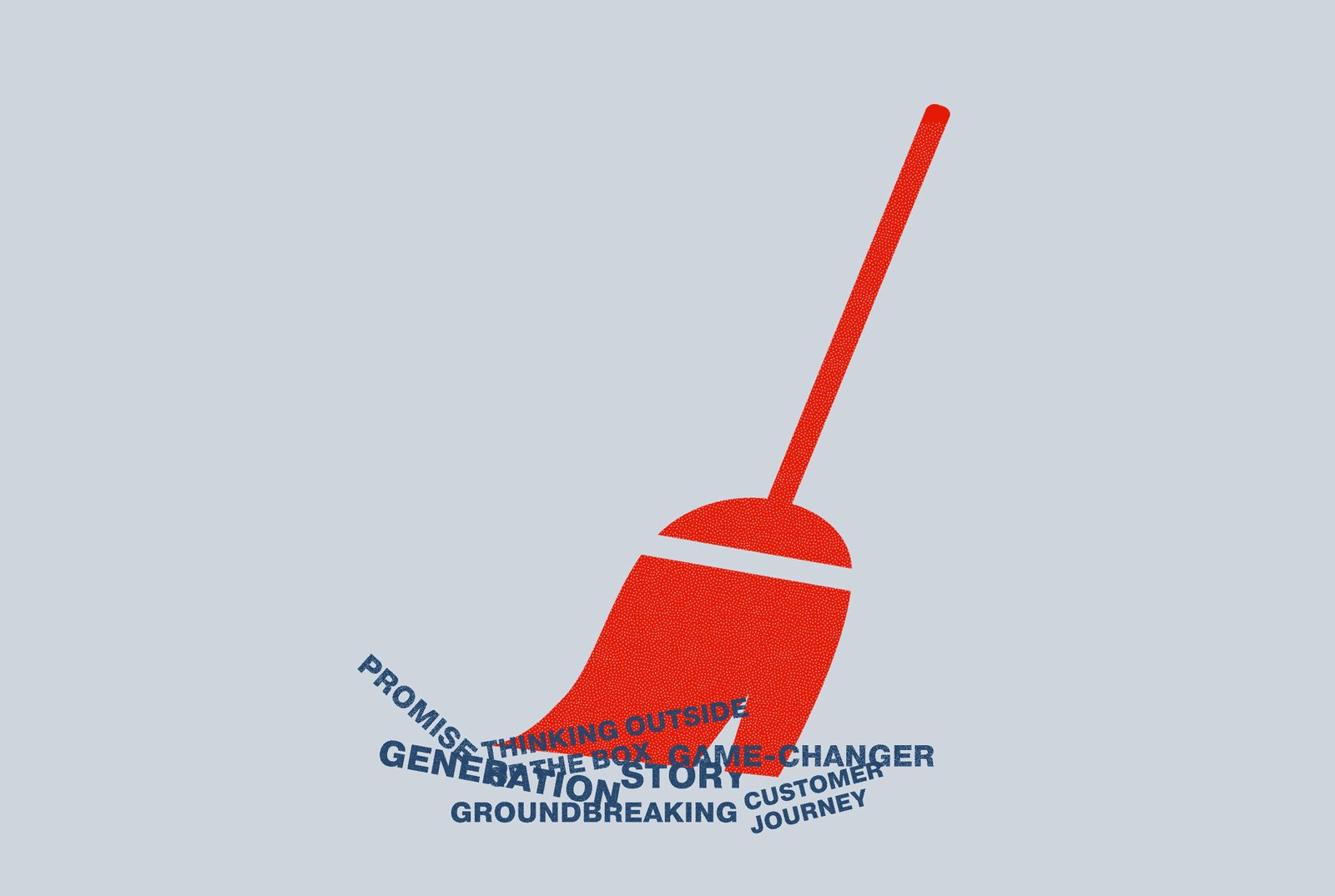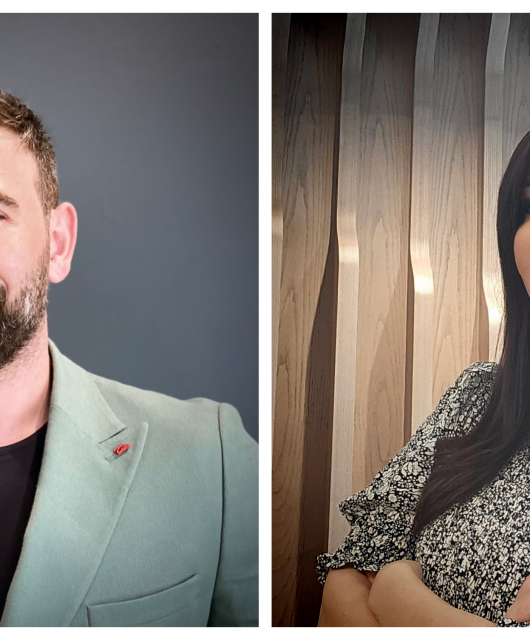Trends To Watch In 2019 And Beyond: De-branding And The End Of Traditional Brand Agencies
The importance of producing authentic content, establishing new creative marketing channels, and the rise of programmatic advertising, are among a few of the noteworthy trends dominating future strategies we develop for our clients here at Startling Brands. This finally puts to rest the outdated premise of those who shout loudest being heard first.
However, we advise both branding industry professionals and clients to keep an eye on long-term fundamental shifts that may threaten the industry itself, or the business models on which they operate. Here are a few of the macro-trends that should be on watch lists not only in 2019, but in the following decade:
De-branding
Waking up every day to a progressively hyper-saturated brand landscape makes us slowly (and thankfully) immune to ever-improving tactics and channels that brand and marketing managers use to get into our heads. People are becoming fed up with redundant messaging that all looks and sounds the same. De-branding is the most important macro-trend to watch out for, and it does not mean what most of the corporations think it does; that is, stripping down corporate logos of their last unique details, so all that’s left are boring minimalist symbols paired with equally dull corporate fonts that everyone else is using. It means reducing on all fronts, getting rid of the visual and verbal clutter and narrowing the messaging down to the facts, as opposed to annoying storytelling that no one really cares about. Branding is not rocket science. Everyone can do it, and everyone will be doing it. If future companies want to remain in the game, they need to prioritize building quality products and services over creating elaborate branding and marketing campaigns. You can shout as much as you want, cracking into the (online) minds of consumers using programmatic advertising, but if you don’t offer a holistic product/service, your relevance is in jeopardy.

Post-branding
It has never been easier for entrepreneurs to equip their new companies, products or services with solid branding assets for almost no cost. The internet is full of customizable high-quality design templates that satisfy the eye of even the pickiest of artisan consumers. From ready-made logo designs, identity sets with beautiful packaging, social media templates and catchy website designs, one no longer requires the expensive design services of a branding agency when starting something new.
Unless, of course, one wants to be special, delivering something unique that no one cannot download as a template. Failure to do so runs the risk of racing to the bottom, encountering very soon quite adequate branding offered by AI for free.
Post-branding agencies
Along with the macro-trends of de-branding and post-branding arises the question, why even bother with branding agencies? Why cut them a big check every month when almost all the knowledge about branding, together with the assets needed for it, are now widely accessible on internet? Whether we like it or not, it’s becoming economically and organizationally more effective for companies to build their own in-house branding and marketing teams. Long gone are the days of clients frantically knocking on the doors of the almighty and wise Creative Directors asking them to help sell their products. If the agencies want to survive in the post-branding world, they need to focus on the only and biggest advantage they have. That is, having the fresh perspective of an outsider, keeping an eye on the latest technology trends, while at the same time treasuring and nurturing smart and highly-potent creative talents, approaching each new client free of formerly successful templates and simple trickery.





